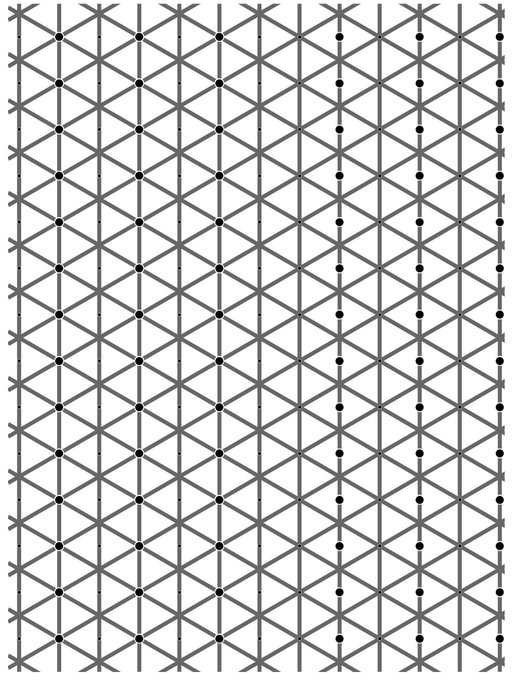having read and catalogued 97 speaker manufacturers' stories, I feel for them. This is not an easy ride. But I were in the business, I would be happy if someone reviewed my product and I would learn from the feedback. It's like the movie Chef - focus on your craft, not on attacking the reviewer.
Thin Line Between Critique and Courtrooms: A Dialogue on the Recent Audiophile Drama
Hey Audiogonians,
In the vast, vibrant universe of audio reviews, where the line between subjective opinion and objective analysis often blurs, a new saga unfolds. It involves a Youtuber, well-known within our community for their take on speaker designs – designs that, while innovative, haven't shied away from criticism. The plot thickens with another Youtuber's revelation: the speaker's designer and manufacturer has filed a lawsuit against a reviewer over their less-than-glowing feedback.
The core of the debate? Whether it's acceptable to push back against reviewers when their findings diverge from what manufacturers desire. It's not a new drama; history is littered with tales of reviewers facing legal threats for daring to express their truth. Yet, each story brings a fresh perspective on the delicate dance between free speech and brand reputation.
This particular episode raises several intriguing questions:
- Where do we draw the line between constructive criticism and damaging feedback?
- Is the courtroom really the arena for settling disputes over reviews, or should dialogue prevail?
- And crucially, what does this mean for the future of honest, independent audio reviews?
This isn't just about the nitty-gritty of legal battles, many of which remain cloaked in confidentiality and technical jargon. It's about the principle: the right to voice one's opinion in a space that thrives on diversity of thought.
So, fellow audiophiles, what's your take? Have you ever felt swayed by a review, only to discover a different truth upon listening? Have you faced the ire of those who didn't appreciate your candid feedback?
📢Let's make this a discussion to remember – not just for the controversy, but for the unity and respect we can foster, even in disagreement.
- ...
- 266 posts total
@atmasphere Your reply is part of the issue. A good reviewer is there to give information to their audience, not stroke the egos of the manufacturers. That was the way IT USED to be. I will use a car review as an example. How would you deal with a review like this? Her Name Is Rio… And She’s Crap | The Truth About Cars I remember reading this after I had a Rio as a rental - I totally agreed with it. How can products improve if no one is there to give honest opinions about them? |
My sincere apologies to you. I forgot that you know everything about audio (and almost everything about every other thing). Why do you waste your supremacy on such a trivial platform as this? As others have asked, what is your point? Oh never mind, I forgot, it's all about your ability to understand acoustics and the real meaning of life. |
A review of a product, for example speakers, based on specs measures or in subjective impressions in a room , or the two together is always a debatable matter, because there is always many parameters, many different needs at play, the only exception is if the speakers are very bad design to begin with ...( but very bad speakers design do not go very far in sales) then for me any reviews result as any design from a set of trade -off choices, in the designer intention as well as in the reviewers needs and wishes... Where are the dots ? If you look at one side they are there, if you look at the other side they are there... there is no absolute truth in design no more than in reviewing... Designer must not use threat of legal pursuit and reviewers must be cautious in their choice of words for sure ...
The extinction illusion: the left side and the right side have the same number of black dots... In reality, both sides of the image contain the same number of black dots, but our brains' selective attention and processing mechanisms cause us to perceive them differently. This illusion highlights the complex interplay between perception, attention, and cognition in shaping our visual experiences. |
- 266 posts total


